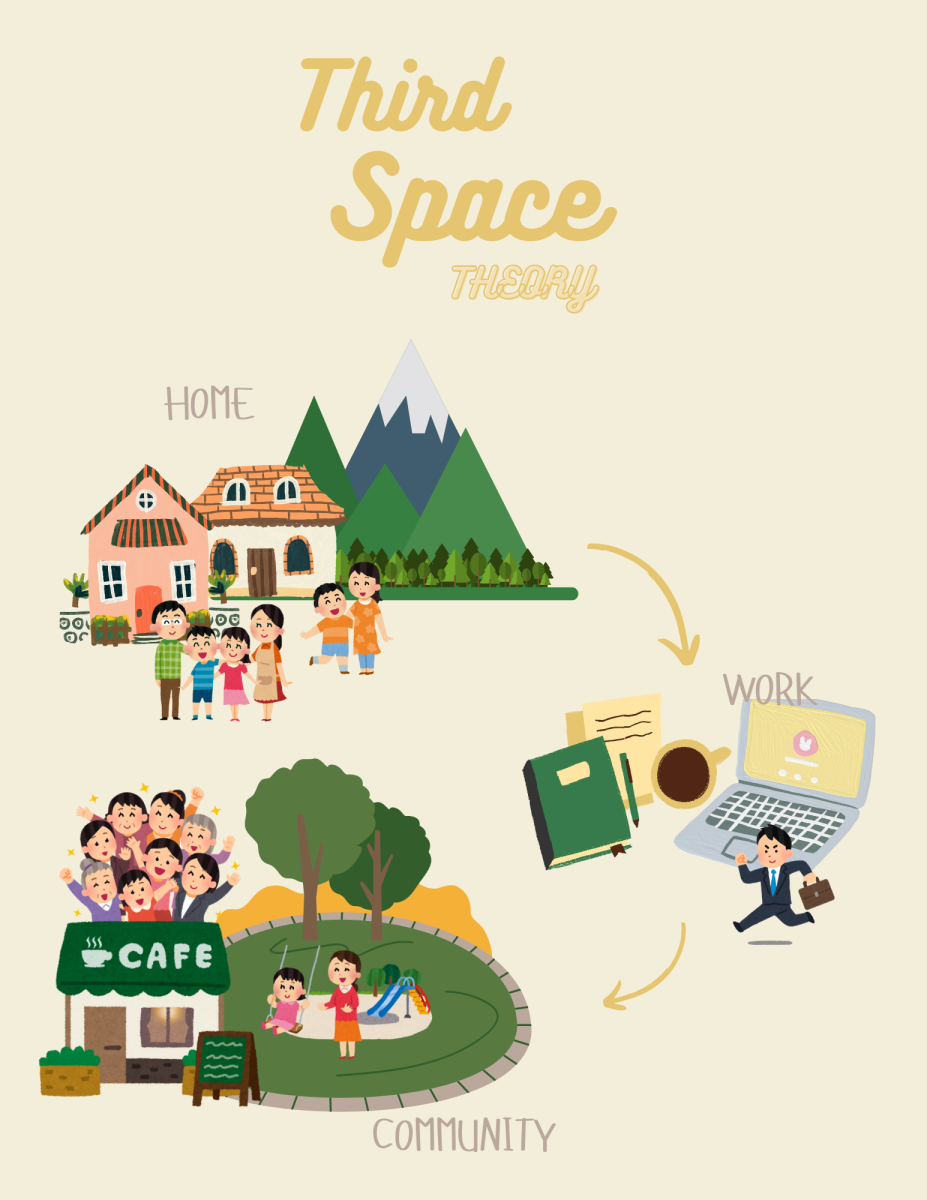In efforts to save face, Mattel is using Artificial Intelligence to attract new customers and quite frankly it’s unnerving.
“Hello Barbie” is the newest addition to the Barbie repertoire and what makes this Barbie different is that it uses a form of A.I. to connect with the children using it.
The doll records the child’s voice, uses wifi to store the conversation to the cloud and uses speech recognition software to have personalized conversation with its user.
The more the child talks to “Hello Barbie,” by pressing the button located on her belt, the more “Hello Barbie” learns about its user: likes, dislikes, interests and so on.
Although Mattel claims to have safeguards in place to keep a breach of children’s privacy from happening, I am unconvinced that this is a great idea.
Yes, children are becoming more in tune with technology at a young age but does that mean they need a doll to listen to their intimate conversations as they grow? I don’t think so.
Many technological items use the cloud for storage these days but very few use it to record the conversations of its user and, in return, know important details.
Mattel and ToyTalk, the company who has created the technology used in the doll, say the use of the technology is only to better the doll and future speech recognition models for children, according to the Washington Post. However, there is a concern with the fact that many of the children using it could be subjected to advertising without knowing it.
Advertising already reaches children from almost every angle of consumption; now Barbie herself may be doing the task.
The kid inside of me would have loved this doll back in the 1990s. There have been many dolls in my childhood that talked back and it was extremely entertaining. So, the idea that a doll that could have specific conversations with me sounds fun.
However, that is my take from a young and impressionable perspective. As an adult, I just don’t find this to be a good idea. The differences between conversational dolls of the past and “Hello Barbie” is that the older models had a line up of standard sayings that they used on every user.
There was no personalization, at least to this degree, and it was still quite entertaining. That simple technology still impresses many children today, who have grown up in an era where technology is king.
The use of A.I. in a Barbie doll seems like overkill. I can’t help but think that the people who will actually be listening are the leaders over at Mattel and they will use the most intimate conversations of young children to their financial gain.
The sales of Barbie have plummeted as the Washington Post reports: “Sales for Barbie sank 21 percent, and sales of its baby-oriented Fisher-Price brand declined 16 percent.”
The traditional toy brands who have not integrated technology to their toy use may be struggling but I don’t believe this is the answer to their solutions.
As someone who has played with Barbie dolls, I can attest to the fact that young children tell their Barbie dolls everything. Some of the most intimate conversations children will have are with their dolls.
At the age that people are playing will dolls this is a time of self-discovery and forming opinions about themselves. These are conversations that should be kept between the Barbie doll and the child.
Not only would it be strange for the people behind the doll to be listening in on these conversations but the access it would provide the parents to the very conversations are just not okay.
Parents can choose to receive emails that provide access to the child’s conversations with Barbie. That is not okay.
I understand it could provide parents with access to their child’s conversation and in theory leave them in control over what happens, but this is almost like your parent reading your diary behind your back. It is just unfair.
Lastly, I can’t help but to feel that this could put the child and the family in danger. Yes, the speech recognition software will most likely have to be activated through an app or website by the parent before use, but I assume that if the parents are buying this toy it is going to be used for the new-age conversational appeal.
Whoever is on the other end listening to these conversations could be collecting very personal and important information and that is scary. “Hello Barbie” will conform to government standards such as the Children’s Online Privacy Protection act, but will they really be safe?
Over the past year or two we have seen personal data being stolen from The Cloud storage and put onto the Internet for humiliation and who is to say this will be different.
These are children and the access this gives big businesses to their most personal moments is frightening. This seems like a play to gain information about it users, from Mattel, and I say they should find another way and leave the creepy “Hello Barbie” alone.













